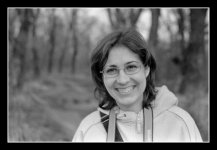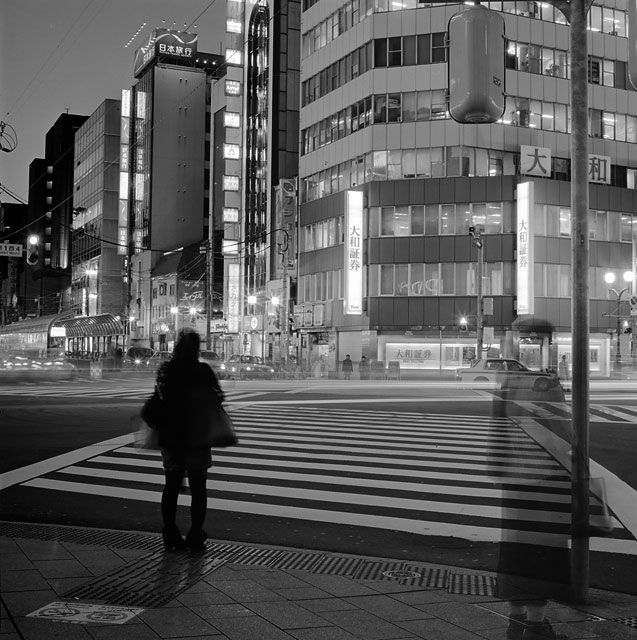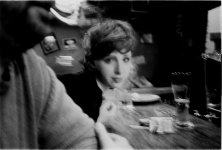Spyderman
Well-known
Almost half of my last film was out of focus. It was my fault - I tinkered with the lens and didn't check collimation before using it. But regardless of the softness I got one very nice picture. And I think if it wasn't so soft, I wouldn't even notice it...
So what do you think? Does sharpness matter? What is all the lens sharpness talk about?

So what do you think? Does sharpness matter? What is all the lens sharpness talk about?






